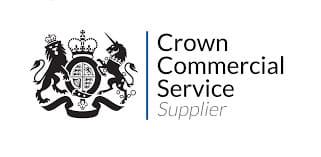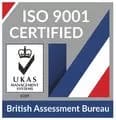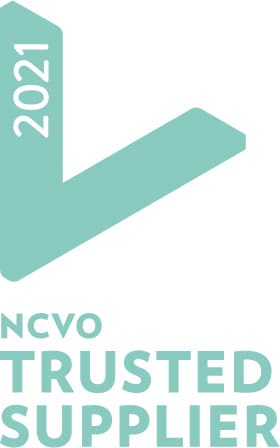Health technology – the potential and the pitfalls
Back in 2006, the illegible handwriting on medical prescriptions was cited as the cause for over 7,000 American deaths and a further 1.5M injuries in a single year.[1] In the years since, electronic prescribing has delivered huge benefits to patient safety.
In the healthcare sector, prevention is always better than cure and this is the focus for emerging health technology products and services.
Wearable health tech, like the FitBit and other smart watches that measure everything from exercise levels to blood pressure, are cited as an important step forward for human health.
Wearable tech and employee health
From a corporate point of view, it is likely that wearable devices will come to play an increasingly important role in the wellness programs offered to employees. In its report Wearable Wireless Devices in Enterprise Wellness Programs, ABI Research predicted that by 2018 at least 13 million wearable devices would be integrated into these wellness programs.
Although it’s unlikely that we’ve reached that number yet, an important benefit from wearable health technology is data. If a company were able to monitor the various symptoms/health of their employees over a given period, they could determine whether the processes and changes they are implementing within the company are efficient and yield benefits on their employees’ physical and mental health.[2]
The challenge is that, even if employees are given wearable tech by their company, many will still have apprehensions about sharing personal health data with their employer. Up to 38% of individuals in a research study were unwilling to share this information. Yet, at the same time 61% of employees are keen for their employer to play an active role in their health and wellbeing.
Interestingly, 40% of people surveyed in London would agree to sharing health data, hinting that urban demographics are more likely to accept such a possibility than those living in a more rural setting.[3]
Microchip controversy
One of the more effective approaches for continuous health analysis is to have an RFID micro-chip fitted within the body. Unsurprisingly, people are even less willing to have chips implanted than to share data with their employer.
Despite the apprehension that exists around health microchips, some companies and their employees have voluntarily accepted implants. This is the case at Three Square Market, a Business Supplies & Equipment company in Wisconsin whose employees accepted microchip implants. The company’s co-founder Patrick McMullan strongly believes in the potential of this technology:
“The international marketplace is wide open, and we believe that the future trajectory of total market share is going to be driven by whoever captures this arena first”[4].
Lifesaving benefits
There are many positive health gains from microchip technology. Because they monitor a great deal of physical data, they could have life-saving potential. As stated by McMullan, people that suffer a heart attack only find out about it once they are in the ambulance. A microchip could potentially warn you in advance of such danger.[5]
The technology could also be useful for people with dementia, helping healthcare teams to find relatives or return them safely home.
Whether this is a technology to invest in, or a potential benefit for your company’s workforce, healthtech is well embedded. Its many uses will drastically change healthcare in the workplace and at home in the years to come.
[1] http://content.time.com/time/health/article/0,8599,1578074,00.html
[2] https://www.hrmagazine.co.uk/article-details/how-to-use-wearable-technology-for-health-and-wellbeing
[3] https://www.pwc.co.uk/issues/data-analytics/insights/discover-the-possibilities-of-wearable-technology-in-the-workplace.html
[4] https://www.bbc.co.uk/news/world-us-canada-40710051
[5] https://www.theatlantic.com/technology/archive/2018/09/how-i-learned-to-stop-worrying-and-love-the-microchip/570946/

Contact us
Call us on 0207 099 2222 or email HQ@russam.co.uk








